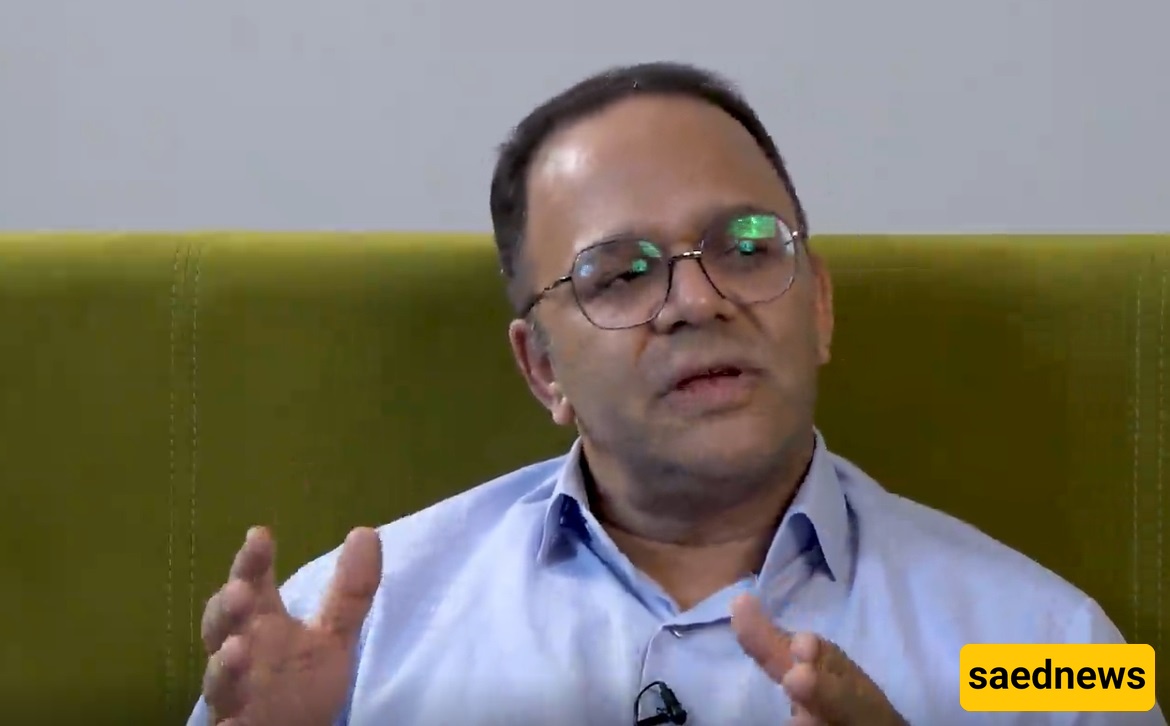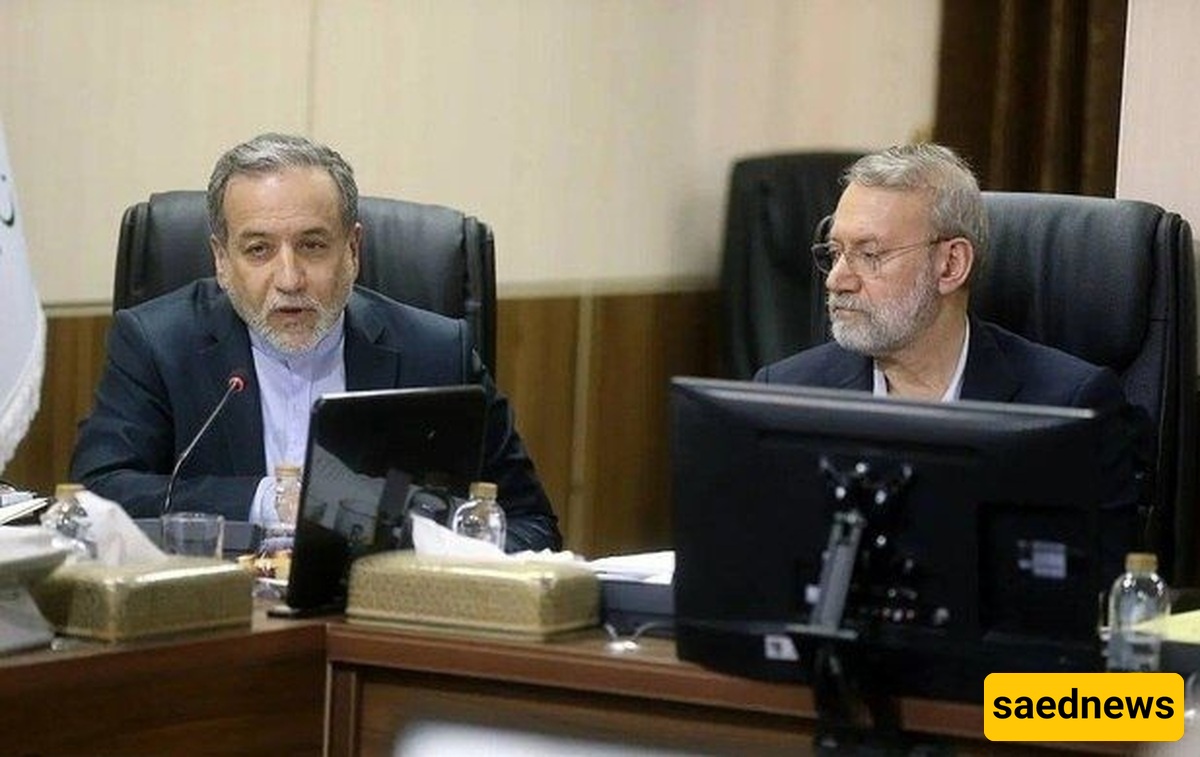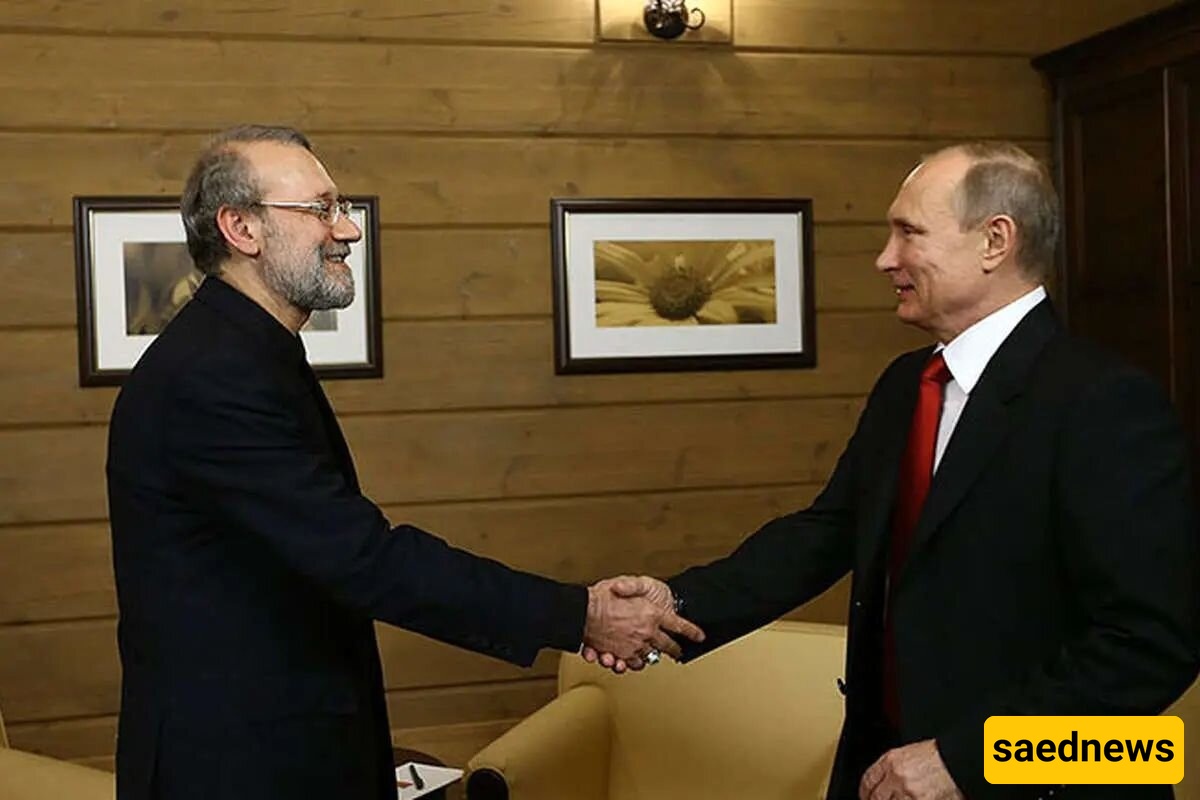SAEDNEWS: In an exclusive interview, foreign policy analyst Rahman Gahremanpour said Ali Larijani’s effectiveness as Secretary of Iran’s Supreme National Security Council will depend on assembling a creative team, and while the nuclear file will likely remain under the Foreign Ministry, the Council’s influence on it may grow.

According to Saeed News, Dr. Rahman Gahremanpour, an expert in international affairs, in an exclusive interview with a Saeed News reporter, in response to a question about the implications of Dr. Ali Larijani’s appointment as Secretary of the Supreme National Security Council, said:
"First, we need to see who his team members are. After all, he will be working with this team. Does this team have creativity? Does it have innovation and new ideas? Or is it the same old team? Naturally, in the current sensitive situation, having an agile, efficient, and creative team is highly essential.
The second point concerns the powers of the Supreme National Security Council. Does the Council still have the same previous powers, or have new powers also been considered? Regarding the Supreme Defense Council, one view raised was that perhaps the system has decided to grant new powers and responsibilities to the Supreme National Security Council in order to speed up the work."

The foreign policy analyst continued: "However, regarding transferring the file to the Supreme National Security Council, it seems that there is still no such decision. We tried this once before in the 2000s, and the file went to the Supreme National Security Council but later returned to the Ministry of Foreign Affairs. Part of this was due to protocol. In practice, when the file is in the Foreign Ministry, our foreign minister meets with the foreign minister of the other side, and so on. For the Supreme National Security Council, there was a protocol issue as to whether the Secretary of the Supreme National Security Council is equivalent to a foreign minister or a deputy foreign minister.
Another point is that when the file is with the Supreme National Security Council, the nuclear issue takes on a security-oriented image and identity. Therefore, the system decided to bring the file back to the Foreign Ministry to strengthen the non-security and diplomatic dimensions of the matter. So, handing the file to the Supreme National Security Council would mean changing these perceptions."

Dr. Gahremanpour pointed out that in the current situation, and in recent years as well, the Supreme National Security Council has still played a role in the nuclear file, stating: "During this period, negotiations have been in the hands of the Foreign Ministry. However, this does not mean that the Supreme National Security Council was ever excluded from the nuclear file; rather, the level of its involvement and the type of role it played changed. Therefore, it seems this approach will continue. The file will remain in the hands of the Foreign Ministry in terms of negotiations and diplomacy, but the influence of the Supreme National Security Council on the nuclear case may increase compared to the past."

